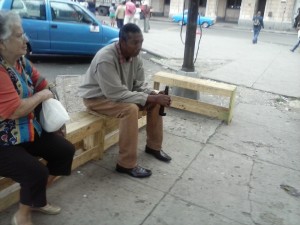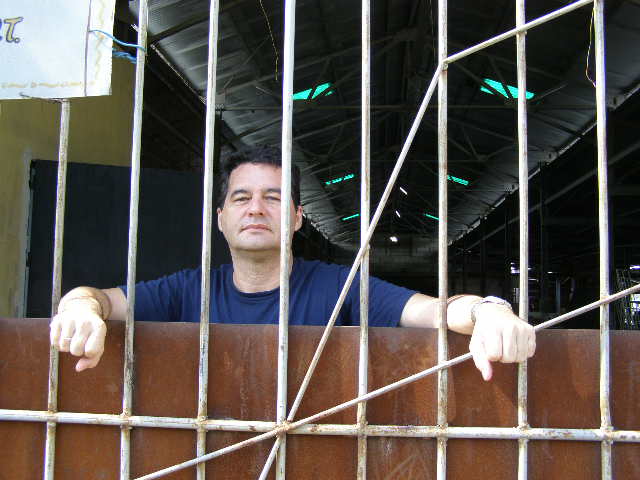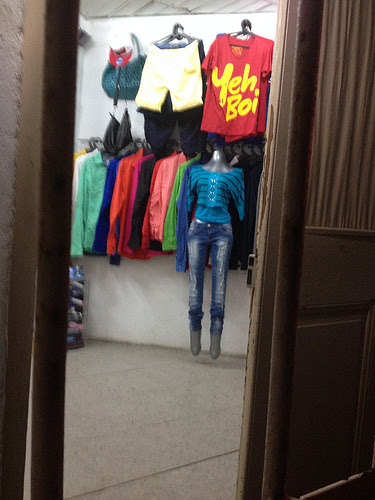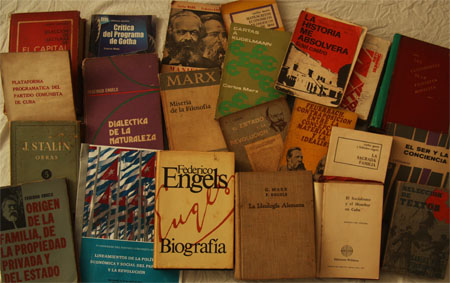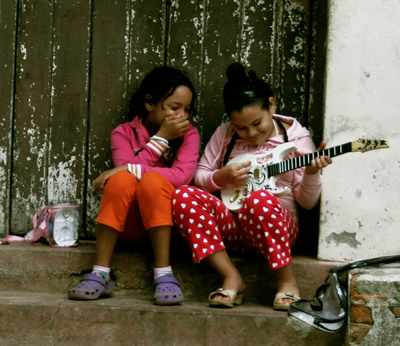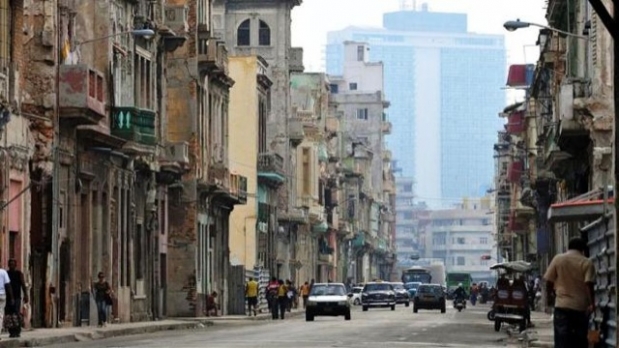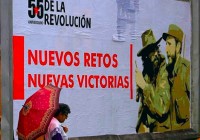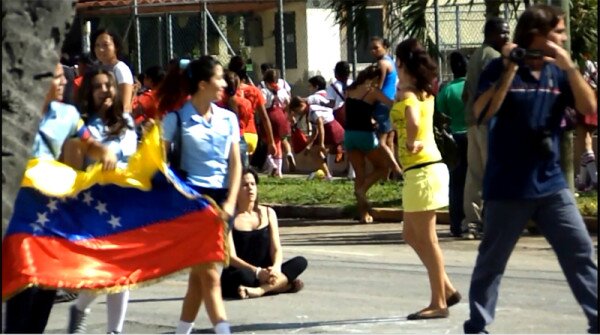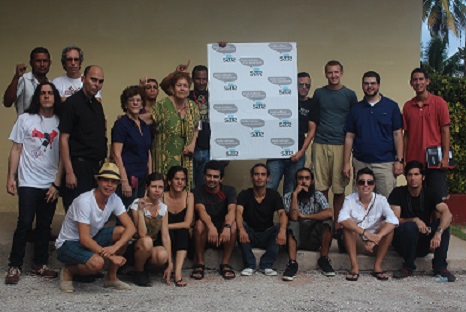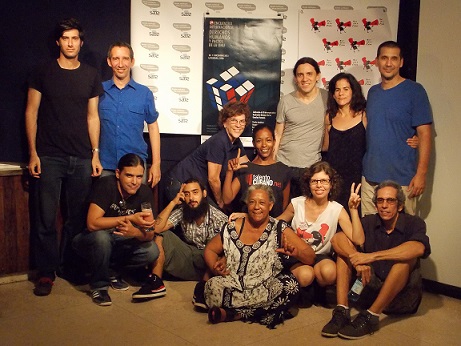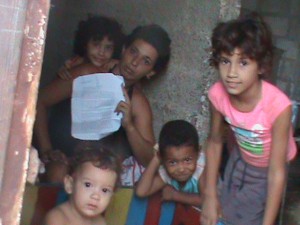
HAVANA, Cuba , January www.cubanet.org – In 2013, I had two clear references to the attention is paying to the allegations of some independent journalists, divulged in the fee media, especially the digital.
The first occurred in October, about the case published in Cubanet about a young single mother named Venus, who lives with her four children, her father and her brother, in total overcrowding and misery, in a small room on 232 Street, in Jaimanitas.
Venus’s father and brother are occupationally disabled — mentally ill — and she has claimed support for her two daughters from a nephew-grandson of the diseased president of Venezuela, Hugo Chavez, a young man who while studying at the Latin American School of Medicine, had a six-year relationships with Venus.
As of today, she has not received a response from the Venezuelan Embassy; in exchange, on three occasions officials of the Cuban government have visited the address that appears in the article and were able to see the misery, the lack of protection and lack of hygiene in which this family lives. continue reading
The first commission came with sabers in hand, dictating that the mentally ill should be admitted; for her, she would get a job and the children would get places in boarding school, but Venus said resolutely but that she would not be separated from her children. Her father and brother were calm, working to seek support, and she would continue waiting for the reply from Venezuela.
The second commission was more consistent. It concluded that the family would go to a shelter, until it could provide a them a house, but Venus and her family opposed this option. They requested materials to fix the room.
The third commission dictated that a People’s Power brigade would start working in December on installing a bathroom, then the walls and roof, to fix the room and make it habitable. And it was true. They have already started with the plumbing and wiring.
The other reference was more recent. In the first week of December 2013 it was published in Cubanet that dentist visits were cancelled in definitely, referring to the complaints of several citizens of Playa, about the lack of paper, anesthesia, amalgam and water in the clinics, which provoked the suspension of service, as well as the collapse of the roof of the water pump in the Primera Street clinic in Santa Fe, which serves patients from Jaimanitas because of the closing of the clinic in Siboney, not under repair.
A friend who became my source of information, told me that on 26 December in the afternoon he was visited from two officials from Public Health — the person responsible for health care and the clinic director — to answer his complaint.
They said that a minister and two vice-ministers were in charge and they had been sent to explain. My friend confirmed that it was true that he had suffered personally the annoyances mentioned on the news, of the closing of the Siboney clinic, and the suspension of service at the Primera Street clinic because of the falling of the pump. He also heard complaints of other neighbors who returned to Jaimanitas upset about not being seen, due to lack of supplies.
The officials reported that all these problems are already solved and he can go to the clinic whenever he wants. The next day I had a second visit, of a doctor on a motorcycle, also sent out of concern for the case. He said he examined his mouth and proposed to take him to the clinic right now on his motorcycle and do the first extraction, but my friend rejected the idea, saying that ow he had to wait to have the courage to again sit in the dentist chair and hopefully by then there won’t be a lack of water, anesthesia, or paper… In addition, he confessed that he didn’t want to spend the new year with more pain than he has every day.
Frank Correa
Cubanet / 8 January 2014




